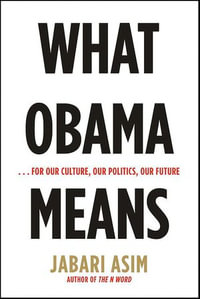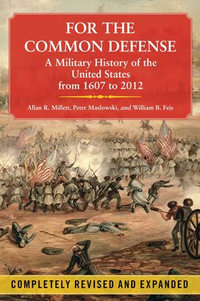
An Analysis of Paul Kennedy's The Rise and Fall of the Great Powers
Ecomonic Change and Military Conflict from 1500-2000
By: Riley Quinn
eText | 5 July 2017 | Edition Number 1
At a Glance
eText
$12.99
Instant online reading in your Booktopia eTextbook Library *
Read online on
Desktop
Tablet
Mobile
Not downloadable to your eReader or an app
Why choose an eTextbook?
Instant Access *
Purchase and read your book immediately
Read Aloud
Listen and follow along as Bookshelf reads to you
Study Tools
Built-in study tools like highlights and more
* eTextbooks are not downloadable to your eReader or an app and can be accessed via web browsers only. You must be connected to the internet and have no technical issues with your device or browser that could prevent the eTextbook from operating.
ISBN: 9781351353366
ISBN-10: 1351353365
Series: The Macat Library
Published: 5th July 2017
Format: ePUB
Language: English
Publisher: Taylor & Francis
Edition Number: 1























